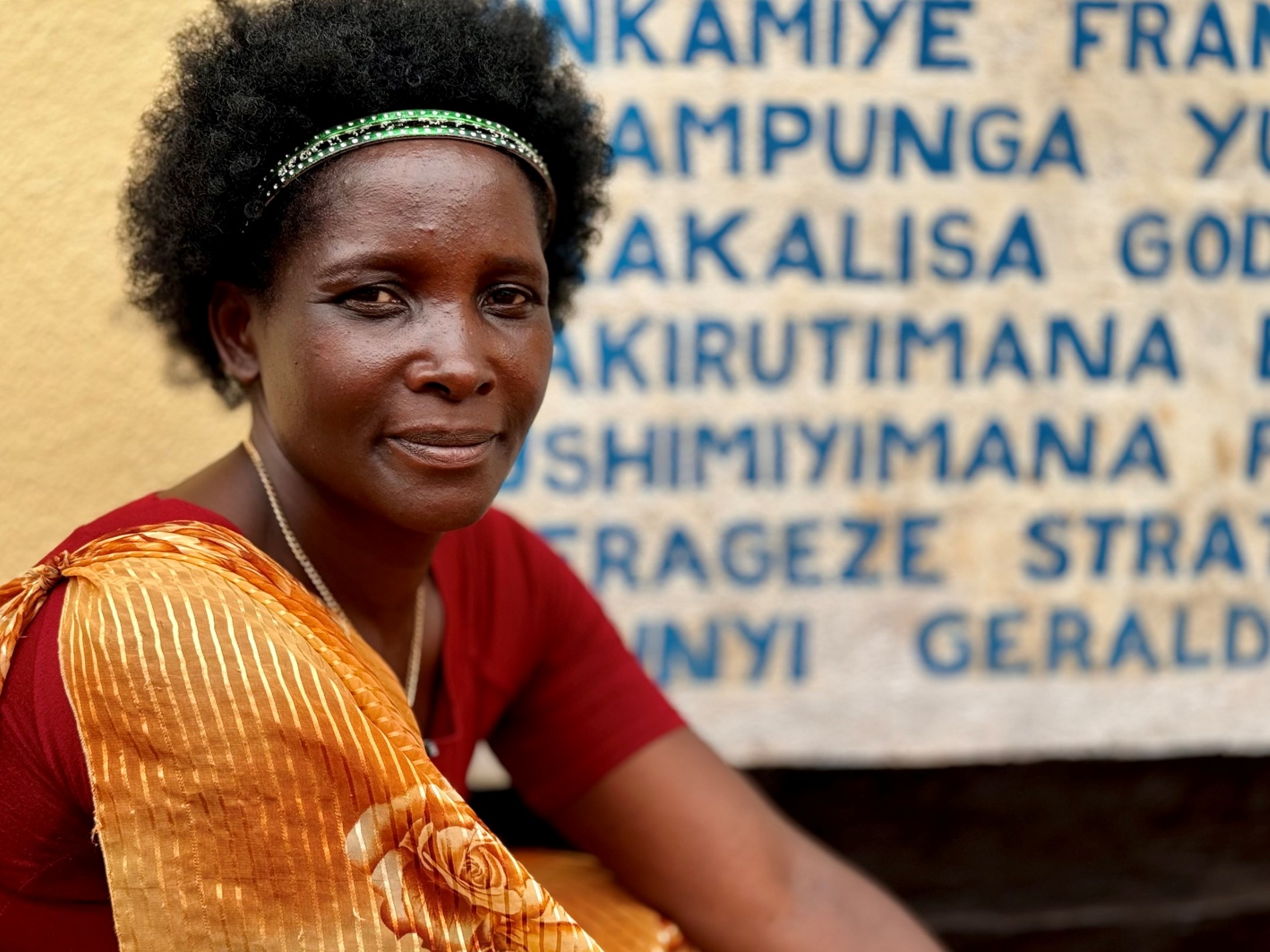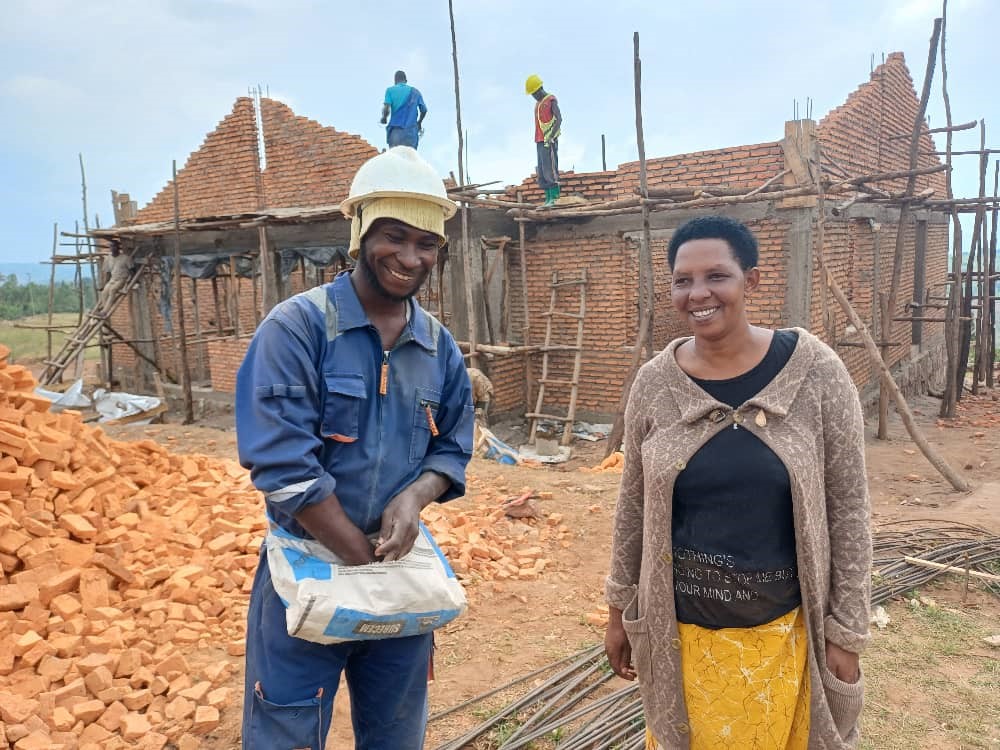“I didn’t want to see another mother needlessly die in childbirth” - Specioza Our organizing in Rwanda began in 2009 in the rural village of Mumeya, where mothers…
John Rutsindintwarane Makes a Presentation to the Lutheran World Union in Wittenberg, Germany: RECONCILIATION IN A DIVIDED LAND
Can you reconcile an entire country in which an unimaginable bloodbath took place? Live again with a neighbor, even when he has killed someone and was not sent to prison? Rwanda shows that you can. Although reconciliation is in fact possible, this question cannot be answered exhaustively. “It is maddeningly difficult,” said John Rutsindintwarane.
Rutsindintwarane is the Secretary-General of the Evangelical Lutheran Church in Rwanda and at present a participant in an international seminar of the Lutheran World Union in Wittenberg. The Evangelical Academy was able to engage John Rutsindintwarane on Tuesday as a lecture partner to speak in depth about the work of reconciliation after such an unimaginable mass murder. “That’s a very difficult topic today,” said Academy Director Friedrich Kramer, as he greeted the guests. In 1994, members of the Hutu majority in the country held the Tutsi responsible for the shooting down of an airplane carrying Rwandan President Juvenal Habyarimana. In the following three months, there were between 800,000 and one million victims among the Tutsi.
“I was born in a refugee camp in Tanzania,” said John Rutsindintwarane. “But I grew up without the knowledge that I was a refugee.” After studies in Kenya and the USA, he visited his homeland Rwanda for the first time in September 1994 and in the beginning served as translator under the auspices of an aid program for the country. “For me it was clear: we are our own enemies, not any foreigners from someplace else,” he reflected. “We had no other alternative but reconciliation. The cycle of revenge and violence had to be broken.” One is reminded here of the old system of the Gacaca, an assembly of the village community with the accused and the defenders, in which the victims and the perpetrators come together under the protection of the community.
In this way, pastors initially were schooled in conflict management, he explained. “Ah, thus not trained pastors, but people who functioned as such,” interjected Hans-Wilhelm Kasch, the Director of the Wittenberg Center for Lutheran World Unity, who was translating the answers into correct German. “Our reasoning was that all Rwandans were at one time refugees,” said John Rutsindintwarane. “We could connect with that.” Only through public acknowledgment by the many that they had indeed been murderers could reconciliation be at all possible. Justice, added the General-Secretary, would have taken some twenty years with all the trials.
The questions from the public were quite direct with regard to specific examples. And you could tell that John Rutsindintwarane found it painfully difficult to speak about all the suffering. One example, nonetheless, he was able to make sense of as a reason for the dilemma. During the colonial era, the Belgians introduced documentation (personal passports) in which it was noted to which one of the two groups of people a person belonged. Even after the liberation, these still have stock. “Today, it doesn’t matter anymore if one is a Tutsi or a Hutu,” John Rutsindintwarane made clear. “We don’t want to play this game of dividing a people anymore. We are all Rwandans.”


